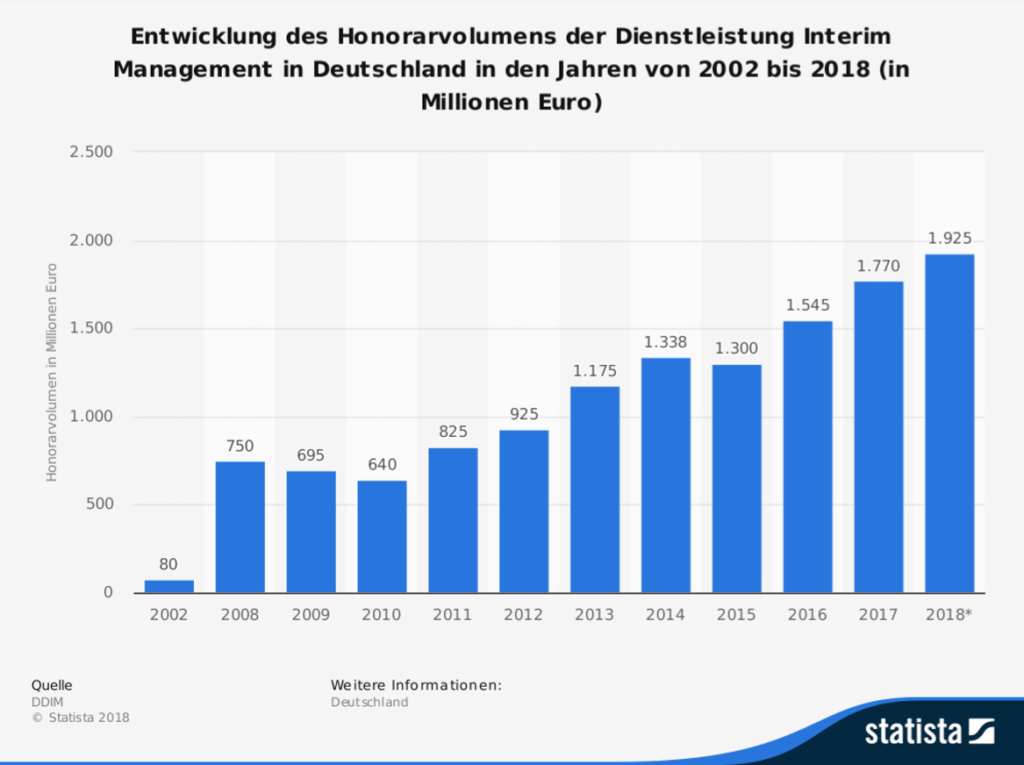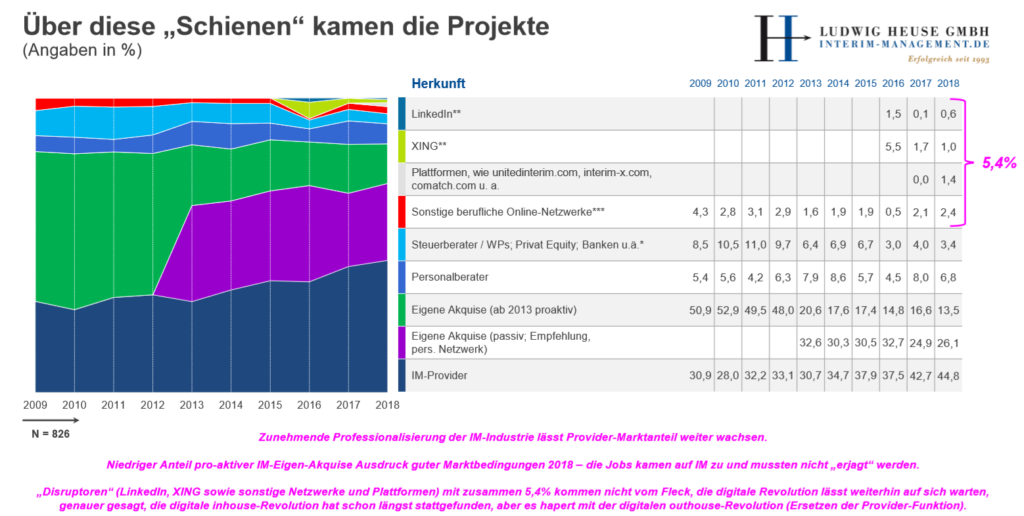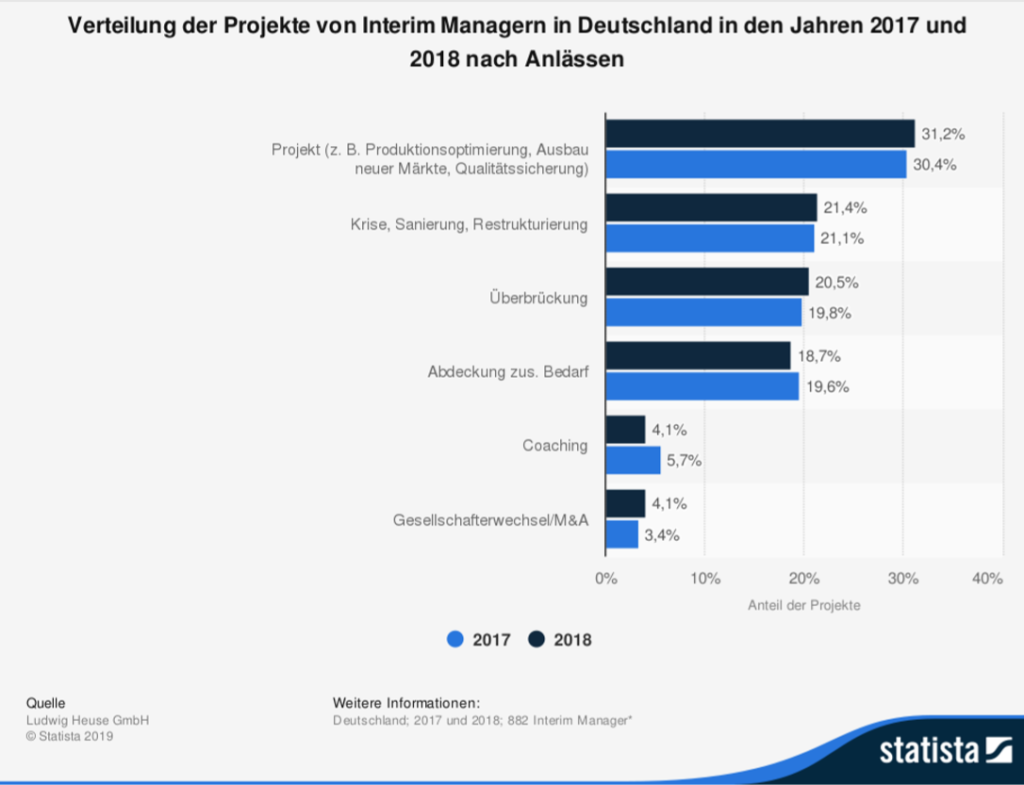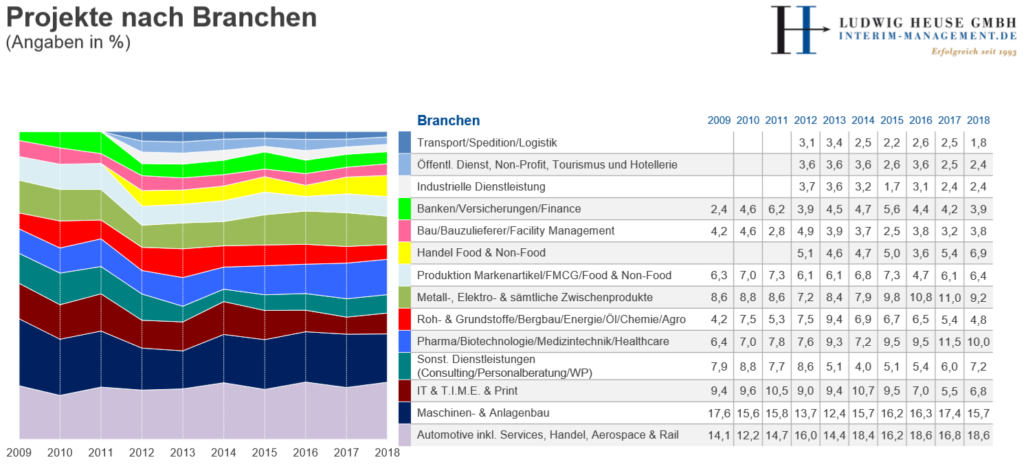The demographic and characteristic changes of the working population play a major role here. Everyone knows that more people in Austria are retiring than young people are entering the job market. An example of this is the ÖBB: around 1,200 employees will retire by 2020 and around 10,000 new employees will be sought in the next few years (a quarter of the entire workforce).
The new workers/employees from Generation Y, most of whom are already active in the labor market, as well as those from Gen Z, some of whom are already working, also have a different attitude towards work and work-life balance than older generations. The labor market must prepare for a much higher fluctuation of workers. Nobody will work in the same company for the rest of their lives. What defines these generations is, above all, their adaptability and willingness to change. They believe in lifelong learning and that education is the path to success. Younger people in particular prefer non-standard but personalized work.
Interim Management – Generation “Z”
“Generation Z – born Interim-Manager“
It is not only the characteristics of future Gen Z personnel as described above that suggest that interim management remains an essential profession. Many statistics also show the constantly increasing trend of this professional sector. According to Statista, the total fee volume in Germany has tripled in the last 10 years. The 2 billion mark will probably be exceeded in 2019.

The change in project origin for IMs is also interesting. A study by Ludwig Heuse GmbH illustrates the development here. While 10 years ago half of the companies used their own acquisitions to obtain projects, today almost half (44.8%) are arranged via IM providers. As Ludwig Heuse also describes, you can see that despite digitalization there is no replacement or competition for providers. You can also see that networking has played an extremely important role in recent years. A quarter of the orders were generated through our own networks and passive recommendations.

“The reasons for hiring an interim manager are as varied as the job itself“
Interim Manager – temporary problem solver
As described at the beginning, interim managers are temporary problem solvers. They are usually only in a company for a specific task and once it has been fulfilled, they move on. The reasons for their employment are largely independent projects. They are usually additionally required units that are not needed in day-to-day operations or the company sees the use of an outside, uninfluenced manager as advantageous. We also like to rely on external experts if there are problems within the company or if we need to bridge the gap. A lot of money is often lost without outside help and a certain amount of experience and speed are the best way to prevent this.

Since interim managers are usually experts in their field, there are many different possible applications. Most are needed in the automotive industry (18.6 percent), followed by mechanical and plant engineering (15.7 percent) and the healthcare industry (10 percent).

But this is exactly what many interim managers specifically want: constant change and no routine work. They are looking for a challenge and want to contribute their specialist knowledge in every industry, as well as learning from the companies themselves and continuing their training. The working life of an IM can get lonely due to the constantly changing projects, but you also always get to know new, interesting people, cities and cultures. A short, spontaneous vacation after completing a project can definitely be made easier than if you were tied to a company. There are many advantages and disadvantages that characterize the life of an interim manager. But it is precisely through this change in your private and professional everyday life that new doors are opened and it offers the opportunity to constantly develop further. One more reason, for example, to decide on a temporary project.
About the author:
Ing. Michael Lindner, MBA The founder and managing director of qualityfox (www.qualityfox.at) worked in the quality industry for more than 20 years and has excellent technical expertise and international strategic leadership experience.


